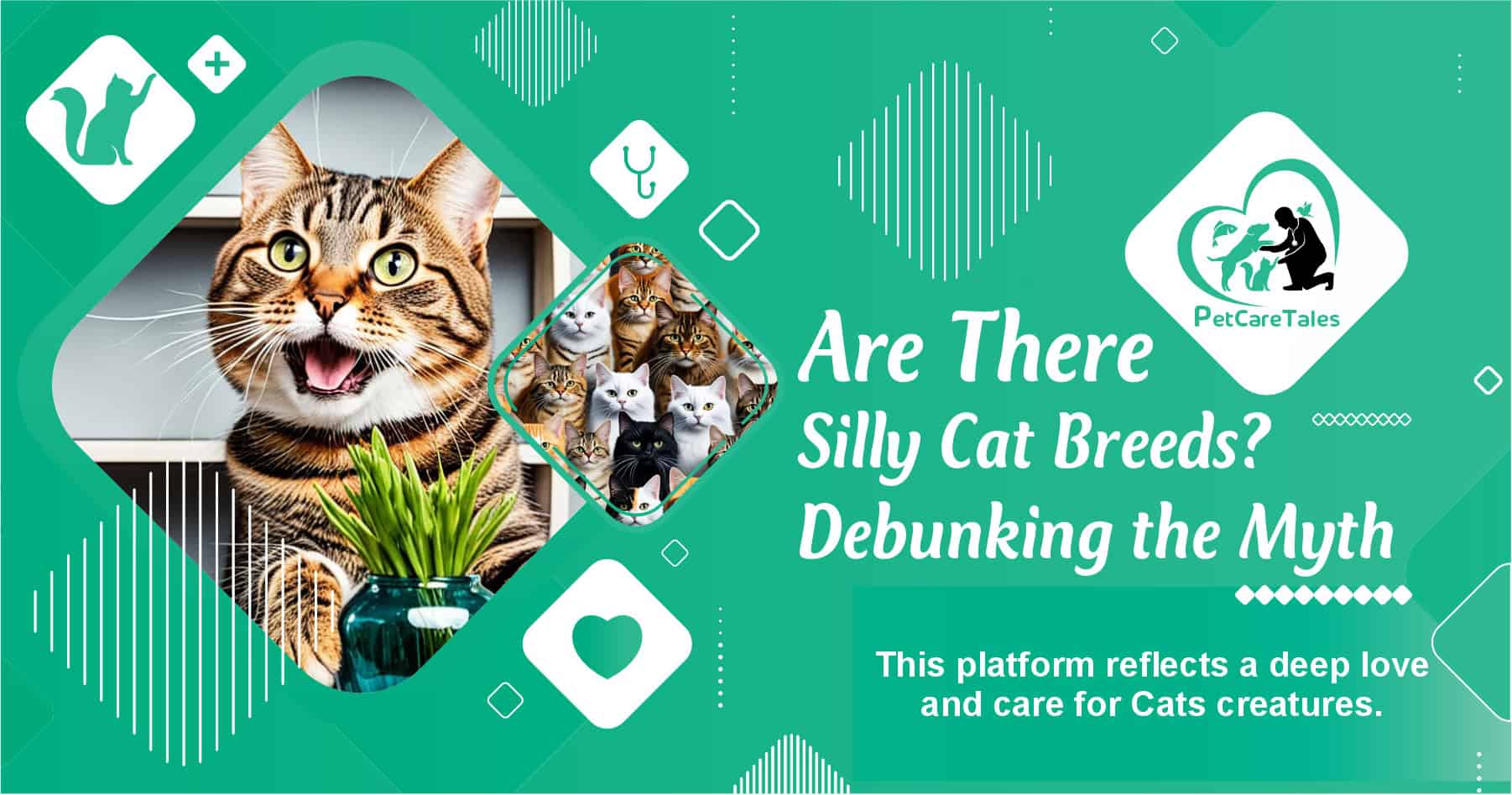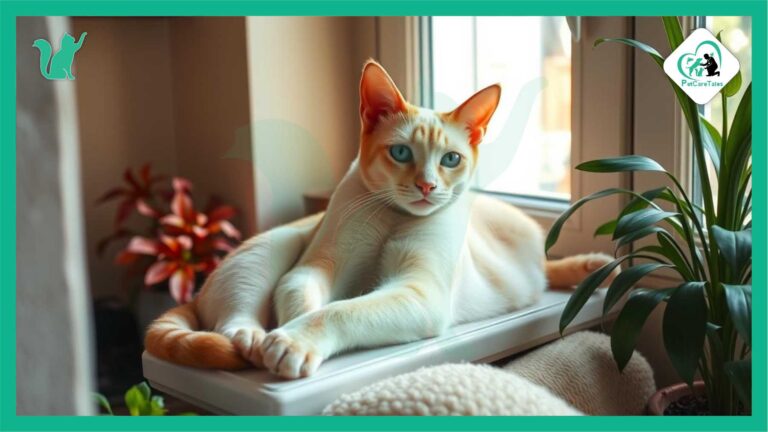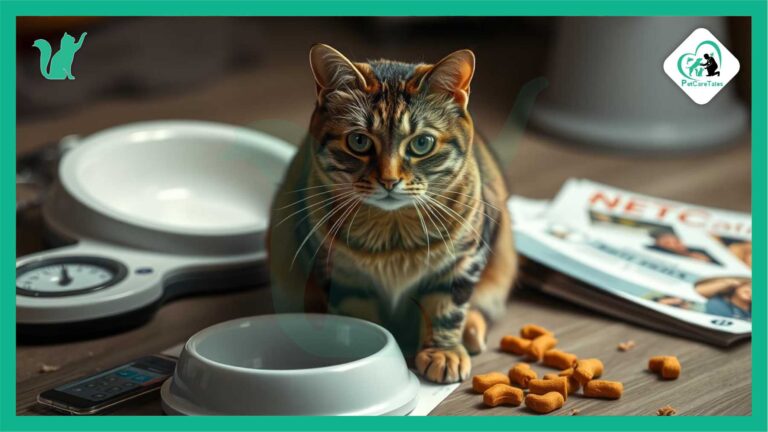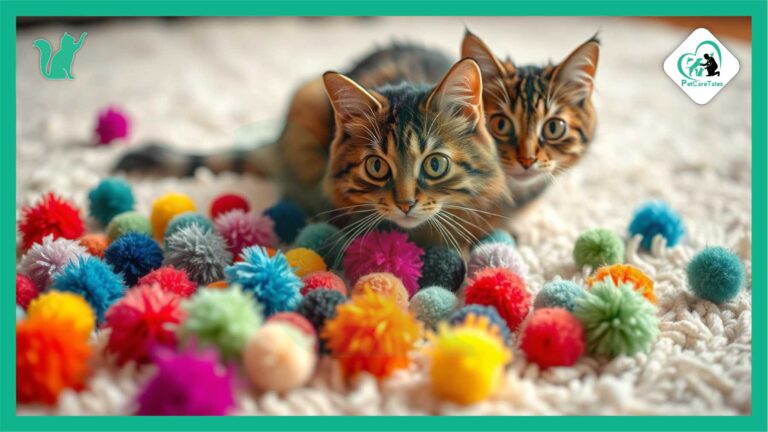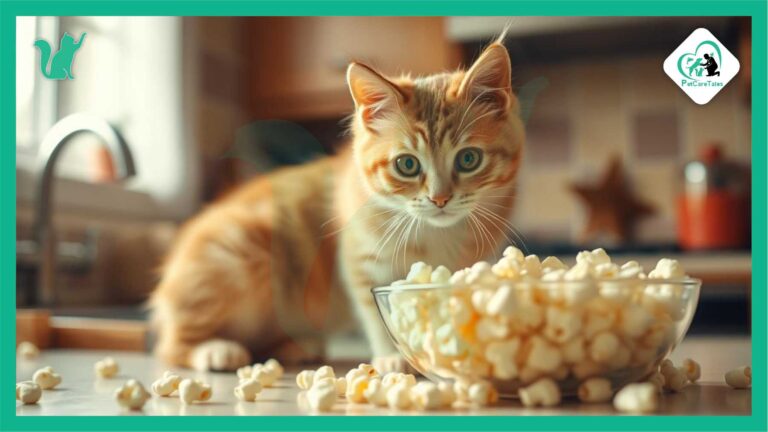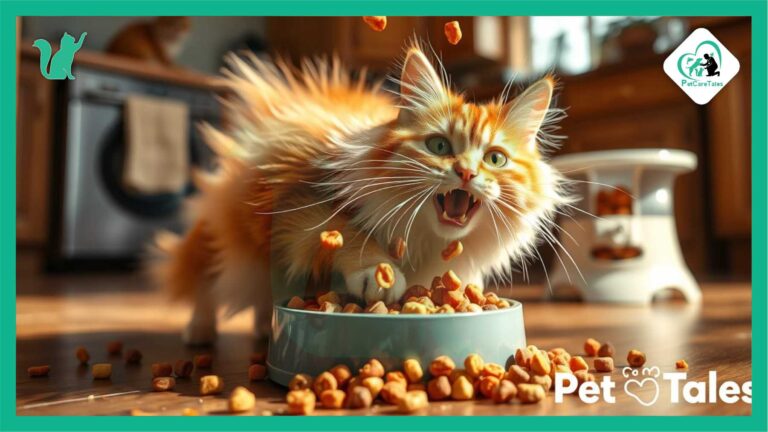Are Silly Cat Breeds Real? The Truth Behind the Myth
Did you know there are over 70 recognized cat breeds, each with its own unique personality and quirks? The idea that some cat breeds are “silly” is a myth. Cats are complex, with diverse behaviors. Labeling a breed as “silly” doesn’t capture their true nature.
In this article, we’ll look into the truth about feline personalities. We’ll see how genetics, environment, and socialization shape a cat’s character. We’ll also debunk the myth of “silly” cat breeds.
Key Takeaways
- The concept of “silly” cat breeds is a myth that oversimplifies the complexity of feline personalities.
- Cats exhibit a wide range of behaviors and traits that are influenced by genetics, environment, and socialization.
- Understanding the nuances of cat behavior can help us appreciate each feline friend as an individual rather than relying on breed stereotypes.
- Proper training and enrichment can play a significant role in shaping a cat’s personality and intelligence.
- Embracing the uniqueness of each cat breed can lead to a better understanding and appreciation of our feline companions.
Silly Cat Breeds: Myth or Reality? Find Out the Truth
Many think there are “silly” cat breeds, but this isn’t true. The variety in cat personality traits is huge, just like the number of cat breeds. While some breeds, like Siamese cats, are playful, and others, like Ragdolls, are calm, it’s wrong to call a whole breed “silly.” Cats are complex, and their behaviors and quirks can’t be summed up easily.
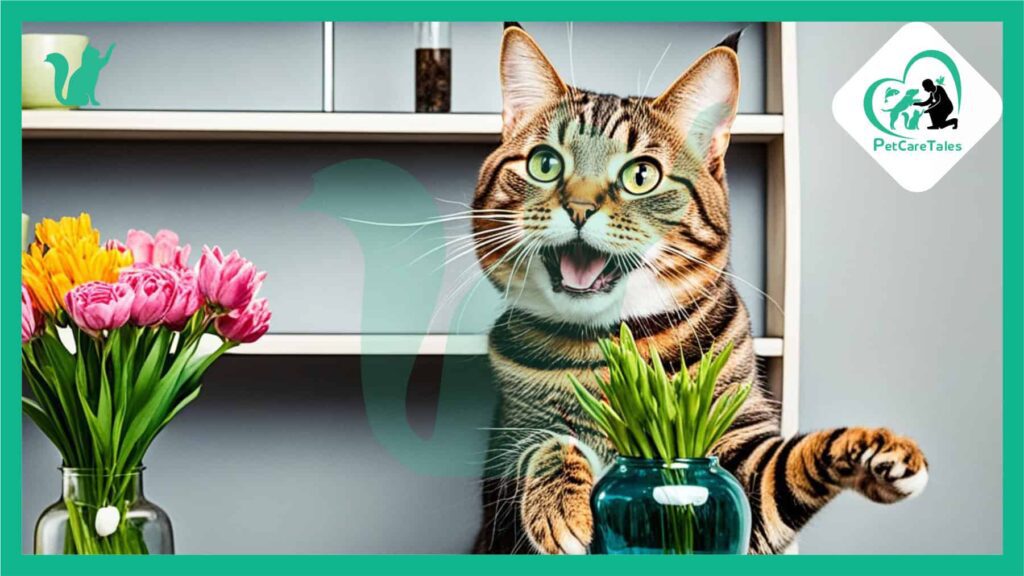
Dispelling the Myth of “Silly” Cat Breeds
Every cat has its own unique personality. This comes from its genes, where it lives, and how it interacts with others. Putting a label on a whole breed undermines the complexity of feline behavior and intelligence. In fact, a cat’s personality can change a lot, even if it’s in the same family.
Understanding the Complexity of Cat Behavior
Cat behavior is much more complex than people think. Cats can be playful, loving, or very independent. Their cat breed quirks show how complex they are. It’s important to see each cat as its own person, not just by its breed.
“Cats are as diverse as their human companions, with a wide range of traits and personalities that defy simple labels.”
Learning about the cat personality traits helps us see past the “silly” cat breed myth. By seeing each cat as unique, we can better understand the deep bond we share with them.
Factors Influencing a Cat’s Unique Personality
Cats are more complex than we often think. Their personalities are shaped by genetics, environment, and temperament. Knowing these factors helps us see how different cats can be.
Genetics and Breed Tendencies
Some cat breeds have certain traits, like Siamese cats being playful or Russian Blues being independent. But, genetics don’t tell the whole story. A cat’s experiences and how they interact with people also shape their personality.
The Role of Environment and Socialization
How a cat grows up and the people they meet can greatly affect their personality. Cats that get along well with people and live in a stable home tend to be more confident and curious. On the other hand, cats that don’t get enough social time or have a tough life might be shy or aggressive.
Understanding how genetics, environment, and temperament work together helps us see how different cats can be. We should focus on each cat’s unique traits instead of just stereotypes. This way, we can give them the best care and help them be happy.
| Factors Influencing Cat Personality | Impact on Behavior |
|---|---|
| Genetics and Breed Tendencies | Provide a general guideline for traits, but do not fully determine personality |
| Early Socialization and Positive Interactions | Foster confidence, curiosity, and adaptability in cats |
| Stable and Enriching Living Environment | Contribute to the development of well-adjusted, friendly feline personalities |
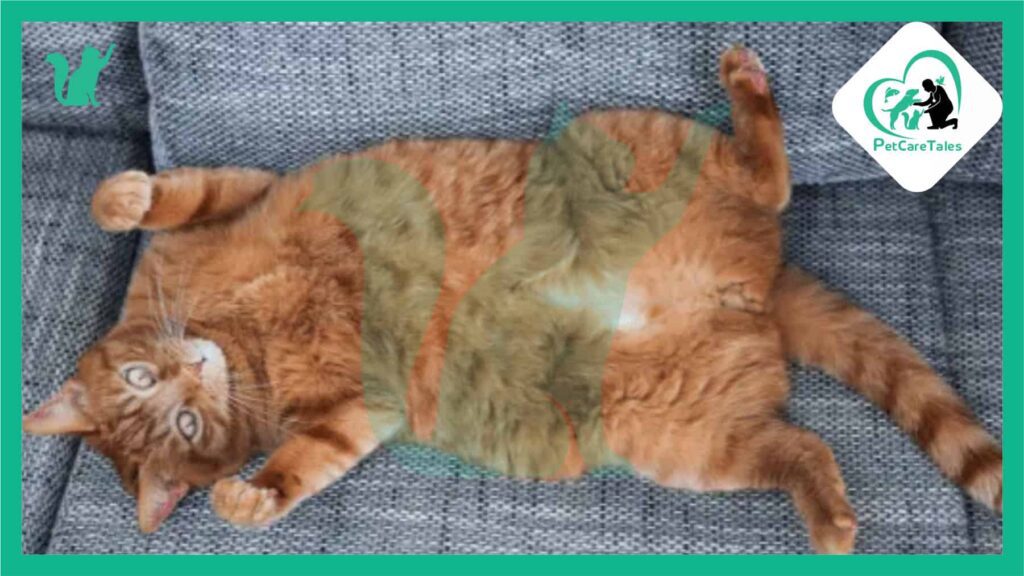
“Cats are mysterious, complex creatures, and their personalities are shaped by a multitude of factors. To truly understand a cat, we must look beyond breed stereotypes and appreciate the unique individuality of each feline companion.”
Assessing Feline Intelligence: Beyond the “Silly” Stereotype
Understanding cat breeds’ intelligence goes beyond the “silly” image from funny online videos. Recent studies show cats have a wide range of cognitive skills. This proves the stereotypes about them wrong.
Scientists use advanced tests and observations to measure cat intelligence. They found cats can solve problems, understand human signs, and move through complex spaces with skill. This shows cats are not just “silly” but are actually quite smart.
| Cognitive Ability | Findings |
|---|---|
| Problem-Solving | Cats can solve simple puzzles and learn to manipulate objects to obtain rewards. |
| Understanding Gestures | Cats can interpret and respond to human pointing and other gestural cues. |
| Spatial Awareness | Cats demonstrate exceptional spatial awareness, allowing them to navigate complex environments with ease. |
By debunking the “silly” cat breed myth, we see how smart cats really are. This helps us understand their unique personalities and skills better. It moves us past simple stereotypes.
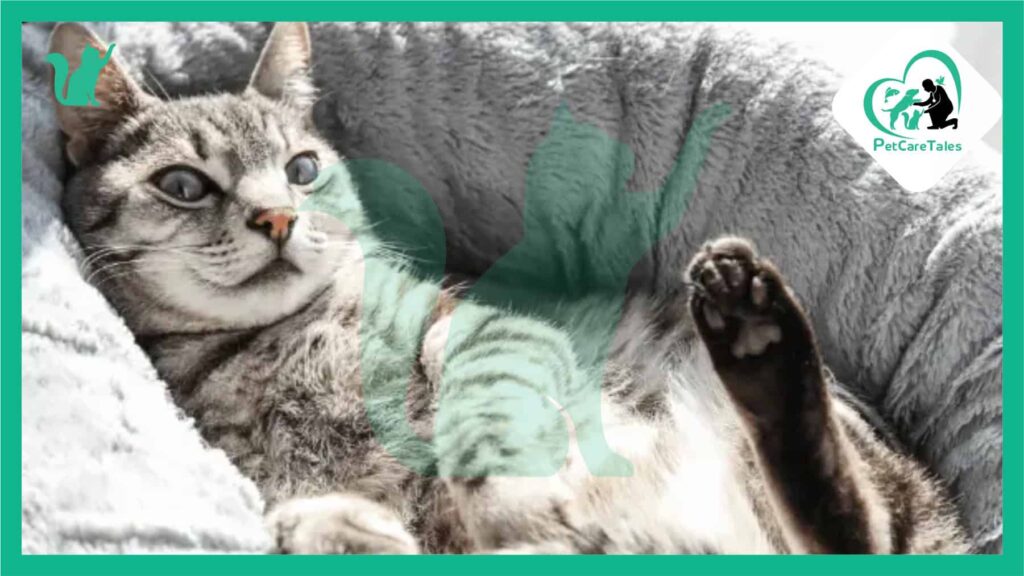
“Cats are much smarter than we give them credit for. Their intelligence is often overlooked, but research continues to uncover the depth of their cognitive abilities.”
Exploring cat intelligence shows the “silly” stereotype doesn’t match their real complexity. By seeing our cats for who they truly are, we can appreciate their amazing abilities more.
Are There Silly Cat Breeds? Debunking the Myth
The idea that some cat breeds are “silly” is a myth. It doesn’t see the full range of feline personalities. Some breeds, like Siamese cats, are known for being vocal. Others, like Maine Coons, are full of energy. But these traits don’t sum up a breed’s whole nature.
Every cat is special, with its own set of behaviors and traits. It’s important to see each cat as an individual. This way, we can truly appreciate their unique personalities.
Embracing Individual Personalities Over Breed Stereotypes
Calling cat breeds “silly” or “dumb” is unfair to these amazing animals. Cats are complex beings with different levels of smarts, energy, and personalities. By accepting each cat’s uniqueness, we learn to value their special qualities, no matter their breed.
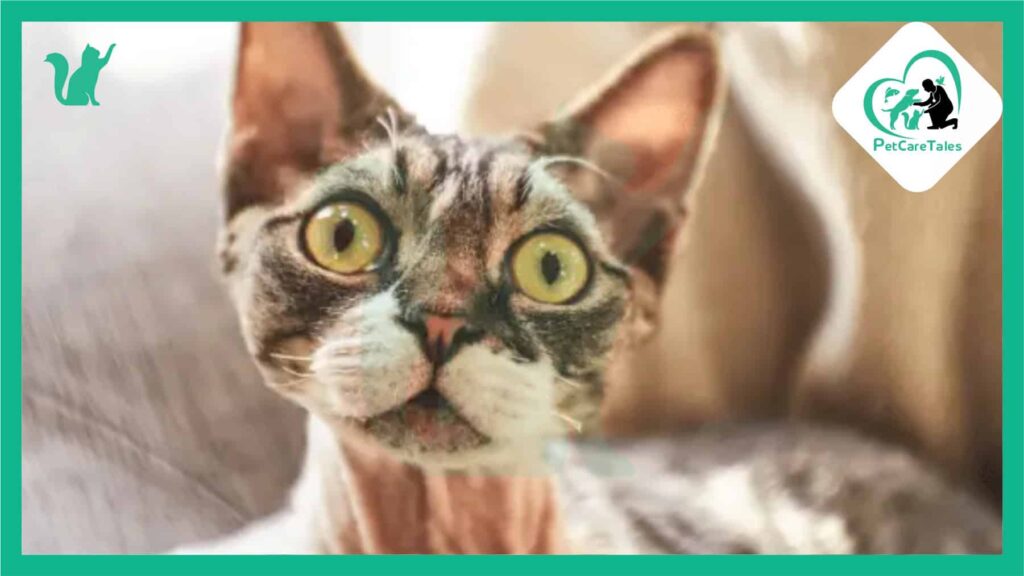
The Impact of Training and Enrichment
Positive training and a lively home can show a cat’s true smarts and problem-solving skills. Things like clicker training and puzzle toys can really bring out the best in cats. By giving our cats the right care, we can prove that no breed is “silly”. We celebrate the amazing cats they are.
“Each cat is a master of its own mystery, and its eyes hold the secrets of the ages.”
Conclusion
The idea that some cat breeds are just “silly” oversimplifies the complex world of cats. Each cat is unique, influenced by genes, environment, and social interactions. By seeing this, we can move past simple stereotypes and value our cats more deeply. It’s important to meet each cat where they are, offering them the right training and care. This approach helps us debunk cat stereotypes and understand their unique personality and behavior. Understanding our cats means recognizing and valuing their special traits. This way, we can build stronger connections with our feline friends. By doing so, we celebrate the diversity of cat personalities.

